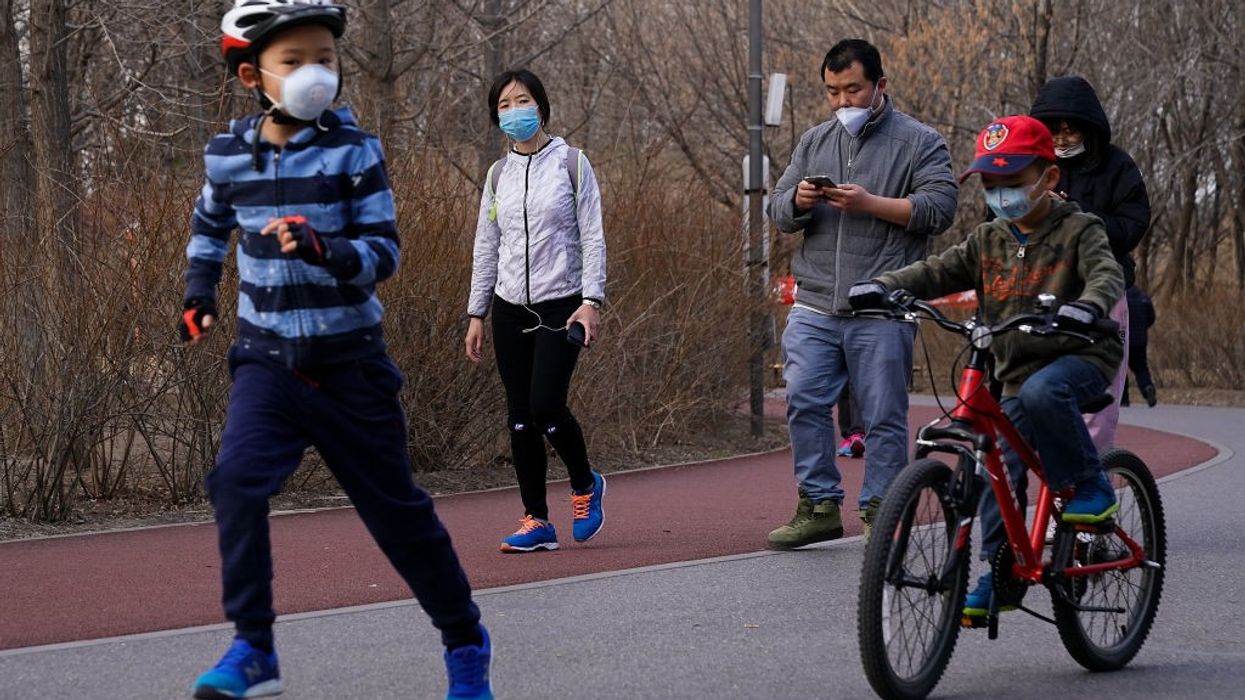CHINA has relaxed its family planning policy to allow couples to have three children after a census showed its population is rapidly ageing, state media reported on Monday (31), further unwinding four decades of controls in the world's most populous nation which have strangled the birth rate.
For almost 40 years, China enforced a controversial "one-child policy" - one of the strictest family planning regulations worldwide - which was relaxed in 2016 to a "two-child policy" due to widespread concerns over an ageing workforce and economic stagnation.
Despite government efforts to encourage couples to have children, China's annual births have continued to plummet to a record low of 12 million in 2020, the National Bureau of Statistics said last month. That threatens a demographic crisis that has alarmed the ruling Communist Party headed by president Xi Jinping, as it could result in a shortage of young workers to drive an economy experts say will by 2050 have to support hundreds of millions of elderly people.
"To actively respond to the ageing of the population ... a couple can have three children," Xinhua said, citing a Monday (31) meeting of China's elite politburo leadership committee hosted by Xi.
China's fertility rate stands at 1.3 - below the level needed to maintain a stable population, the National Bureau of Statistics revealed.
The once-in-a-decade 2020 census results published last month also showed that China's population grew at its slowest rate since the 1960s, reaching 1.41 billion.
It comes alongside a sharp drop in the number of working-age people, once again raising fears of a looming demographic crisis.
China's gender balance has also been skewed by decades of the one-child policy, and a traditional social preference for boys which prompted a generation of sex-selective abortions and abandoned baby girls.
Although the policy has been relaxed in the past few years, this has not prompted a baby boom as policymakers had hoped.
Falling marriage rates in recent years have played out in slower birth rates, as have rising costs of living and increasingly empowered and educated women delaying or avoiding childbirth.
The demographic shift in China has significant economic and political implications for the world's second biggest economy.
A third of the Chinese is forecast to be elderly by 2050, heaping huge pressure on the state to provide pensions and healthcare.




